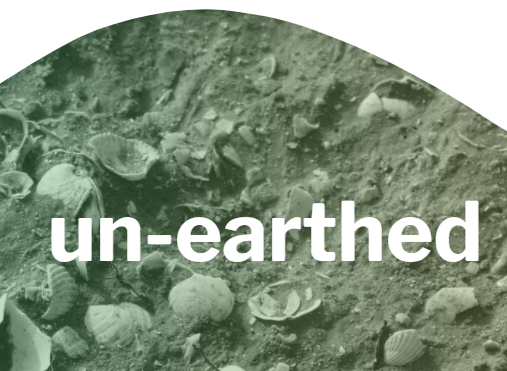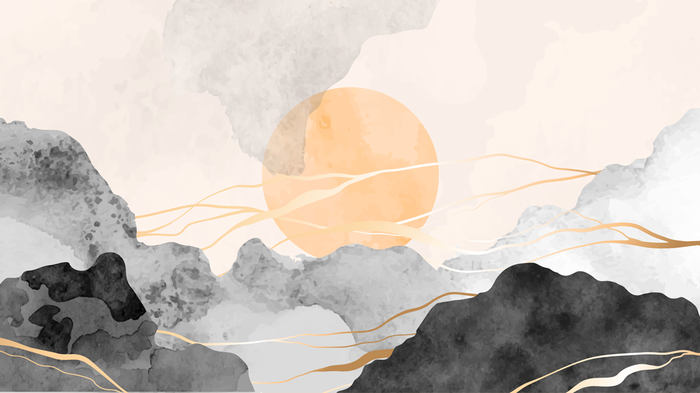Previous events - Page 3
Come and join us on 6 & 7 September for a NoRS-EH Symposium on "Transdisciplinary in the Environmental Humanities"!
Workshop with guest researcher Dr Joana van de Löcht (University of Freiburg) and Dr Ada Arendt (University of Oslo) welcomes students wishing to engage with Early Modern literary sources to study past human-environment entanglements.
In this PhD Course, hosted and organised by members of the Oslo School of Environmental Humanities (OSEH) as part of the Norwegian Researcher School in Environmental Humanities (NoRS-EH), we will explore key contemporary questions around plants that are arising in the field.
A talk by guest researcher Joana van de Löcht about weather perception in various literary genres at the beginning of early modern print production.
What is a high-quality peer review in a historical journal? How do we write one, and how do we work with peer review reports when improving our article manuscripts? This PhD workshop will be held digitally on Zoom. Course credits: 1 ECTS
In the aftermath of the Chernobyl explosion, a great divergence appeared between the medical opinions of the East and West on the long-term consequences on public health. In this keynote lecture, Kate Brown, Professor in the History of Science at the Massachusetts Institute of Technology, gives us insight on what these conflicting stories can tell us about how Western and Soviet scientists understood humans and the ecologies in which they lived.
Come join us on 1-2 June for the workshop "Ecologies of Health and Disease in Eurasia: New Perspectives in the Medical-Environmental Humanities and History".
This lecture has unfortunately been cancelled.
What would it mean to tell the stories of trees? How can we represent them in ways that do not rely on problematic forms of ventriloquism, which reinscribe inequalities, and which do not rely on various forms of empathy or sympathy? This talk by Dalia Nassar, Associate Professor of Philosophy at the University of Sydney, aims to outline a theory of representation that aims to respond to these questions in relation to trees.
The EcoLit Research Group and the Oslo School of Environmental Humanities (OSEH) invite you to an International Symposium to illustrate how literary and cultural studies can make important contributions and interventions in relation to environmental problems and aspirations. Join us for this exciting line-up of lectures, a roundtable discussion, and more.
How do young researchers write clear and well formulated research descriptions? How do they get funding for their research projects? This one-day workshop aims to provide young researchers with the necessary tools to write competitive applications and get funding.
Advanced course in methods: Archives are collections of documents and institutions that preserve them. What have been kept, for what purposes, by whom, and how can they be accessed? And how does asking these questions help students of the present and the past shape new research questions and design more thoughtful and better research projects? This course seeks to enable students to engage with the epistemic problems presented by archives. What is it possible to know and represent through archival sources, and what are the limitations to what can be known?
Master Klaudia Dominika Karpińska at the Department of Archaeology, Conservation and History will defend her dissertation On Wings to the Otherworld: Bird Remains in Viking Age Graves from Scandinavia for the degree of philosophiae doctor (PhD).
In this talk, Stuart Earle Strange, assistant professor of anthropology at Yale-NUS College, Singapore, will explore the contradictions between law, sovereignty, animal agency, and the sacred in Singaporean wildlife conservation.
On 11/12 May 2023 CLIMCULT will host a workshop the climate-conflict-nexus. It will bring together fields of climate history and conflict studies and explore new, integrative research designs.
A conversation on Land Rights and Landback from a Sámi Indigenous Perspective.
In the fourth and last Welcome to the Anthropocene lecture, Dr. Stephanie Roe, a WWF’s Global Climate & Energy Lead Scientist, will discuss the technical, economic, political, and social approaches for mitigating climate change and other key challenges of the Anthropocene.
What is a high-quality book review in history, and how do we write one? Professional historians are expected to assess books and write book reviews for historical journals, periodicals and press. This workshop explores some of the key issues in writing god book reviews. It offers hands-on training, feedback and discussions. All participants will produce a book review after the standards of historical journals. 1 ECTS digital workshop.
In this talk, professor of philosophy, Alejandra Mancilla, asks who should be the political representatives in a place with no human inhabitants, namely, Antarctica. While the Antarctic Treaty has been celebrated as a successful legal instrument for the protection of the continent, some have criticized its elitist nature and demanded a more democratic system of governance. But, should only humans be part of this arrangement? Why not penguins and maybe icebergs too?
A public reading group session on the violence of conservation practices.
Join us online for the Bionic Natures x Digital Ecologies workshop on Friday April 21st!
The third Welcome to the Anthropocene lecture will be given by Jason Allen-Paisant, Senior Lecturer in Critical Theory and Creative Writing, and will address the challenge of a just ecological transition by exploring how ideas and praxes of ‘cultivation’ might foster an awareness of deep time in mainstream political consciousness.
An airscape is an intangible presence in our daily life. Seemingly invisible and transparent, air, wind, and light form airscapes that have been overlooked as a cohesive totality with its own cultural history. Airscapes are spaces of injustice, transportation, and perception. This seminar aims to understand airscapes as more than just a passive receptacle of human activity but rather a presence that shapes us and our way of relating to the world.
Register here! Please register by April 19th for physical or digital attendance.
In the second Welcome to the Anthropocene lecture, Matthew Chrulew, a writer and researcher from Boorloo/Perth, will talk about behavioural and cultural change among animals exposed to human activity.
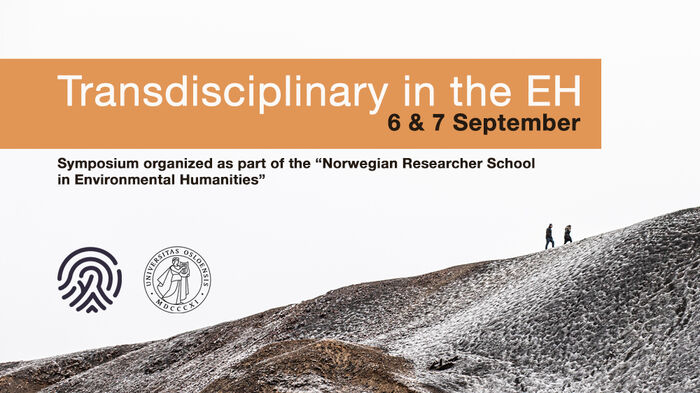

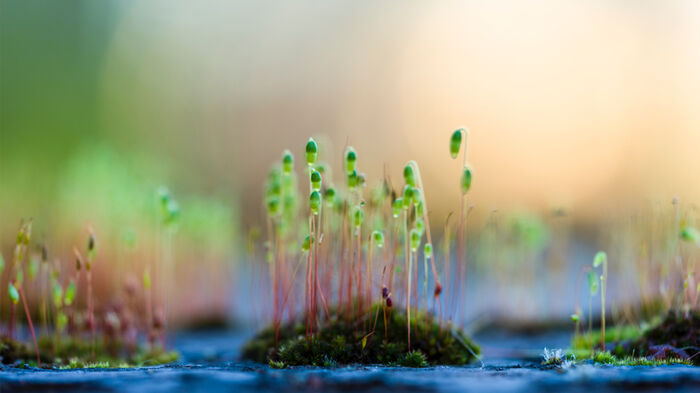
![Painting of the storm flood in Antdorf [Antwerpen] in November 1570.](https://www.hf.uio.no/iakh/english/research/groups/klimer-climate-environment-energy/events/2023/seminars/stormflood.png?alt=listing)

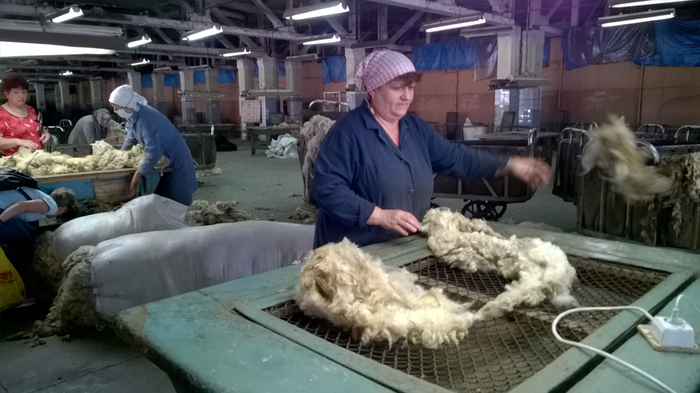
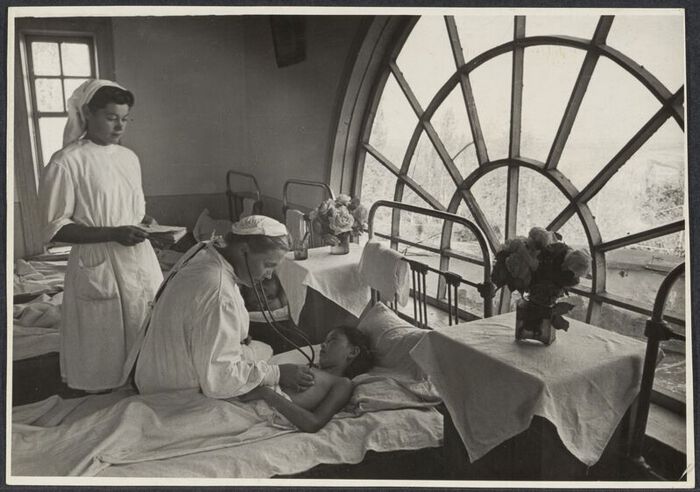
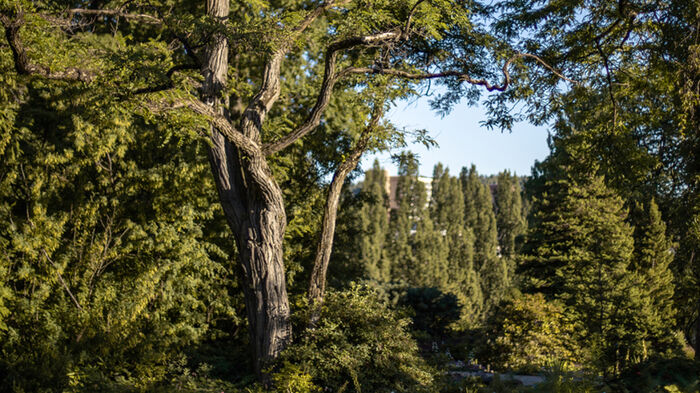
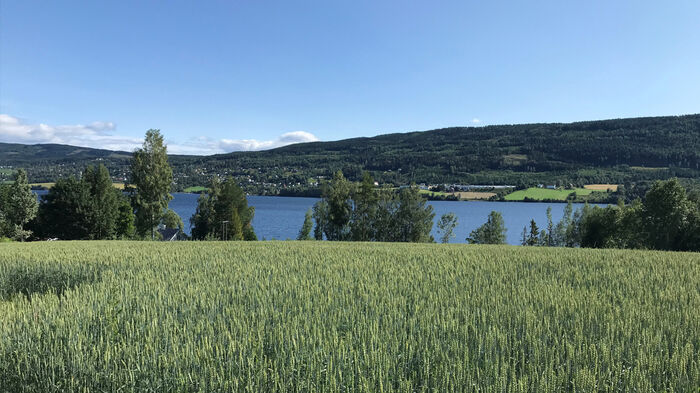


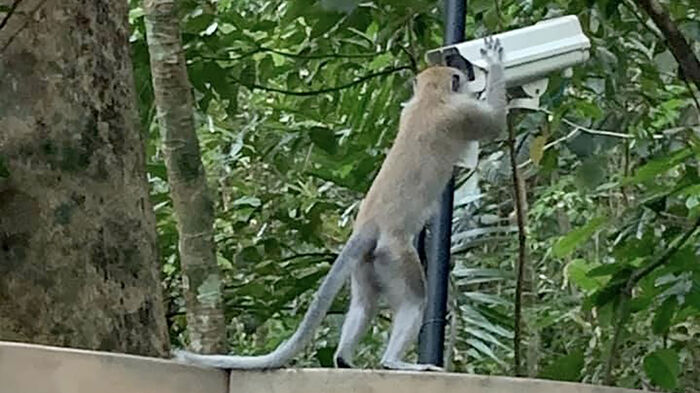
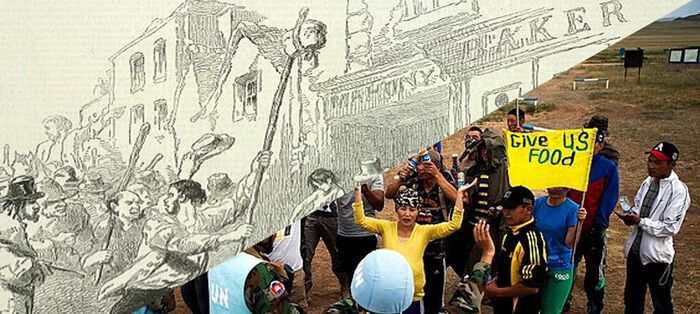
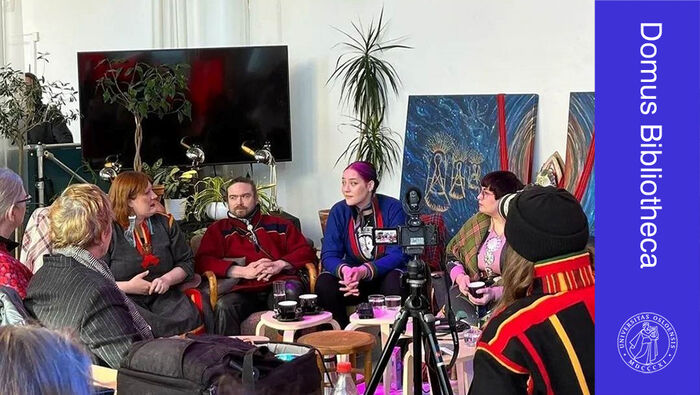
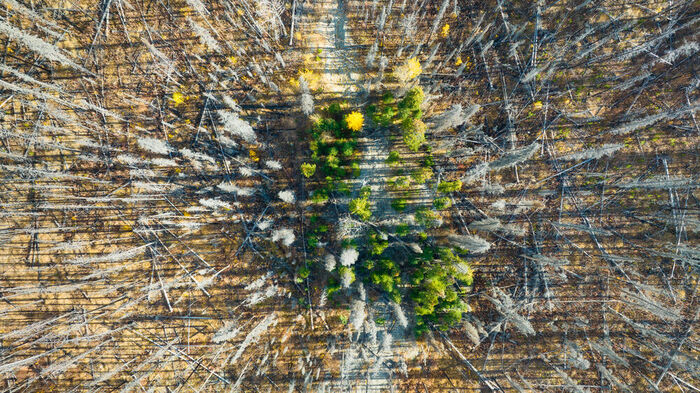
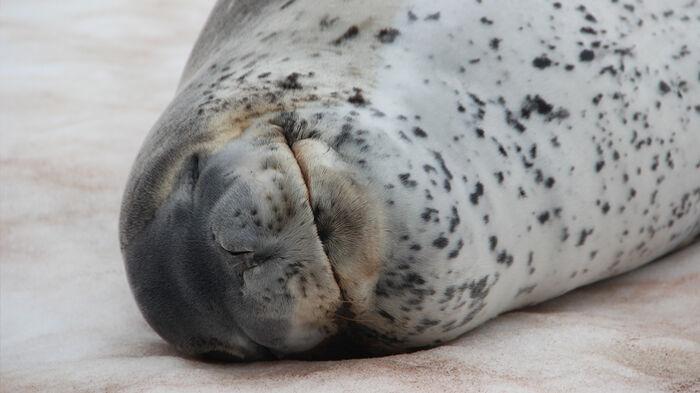
.png?alt=listing)
